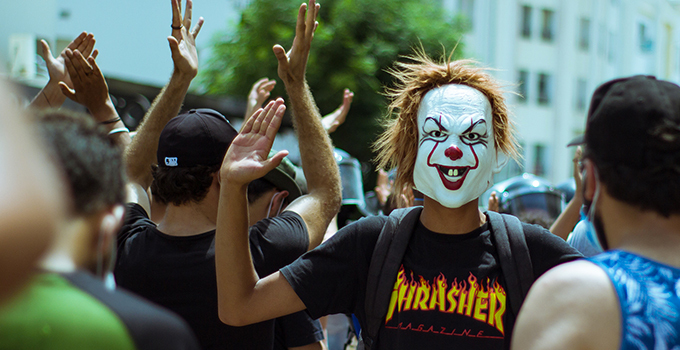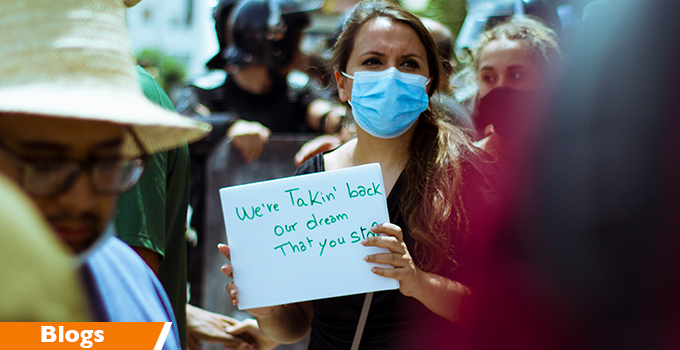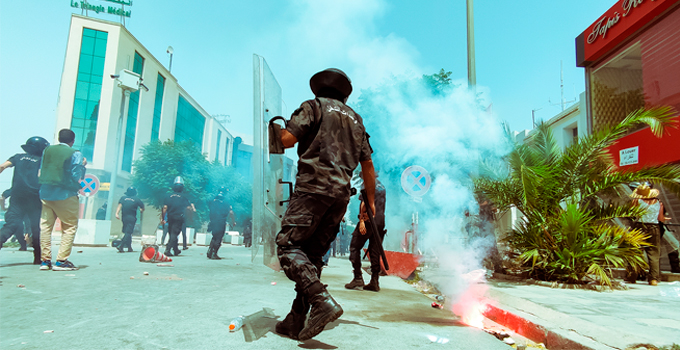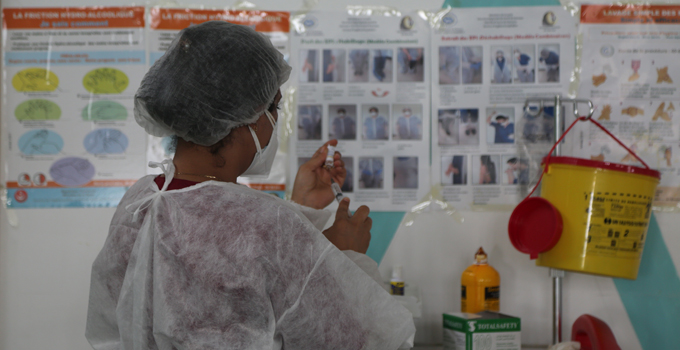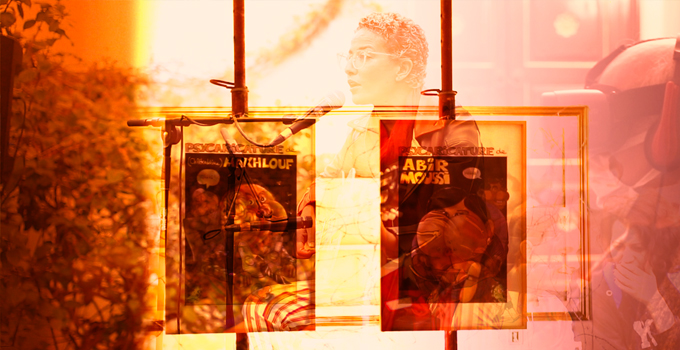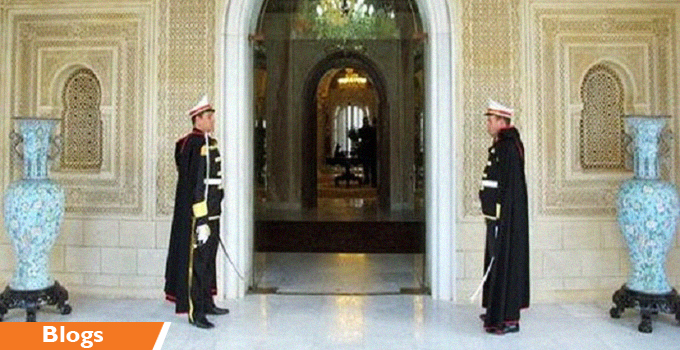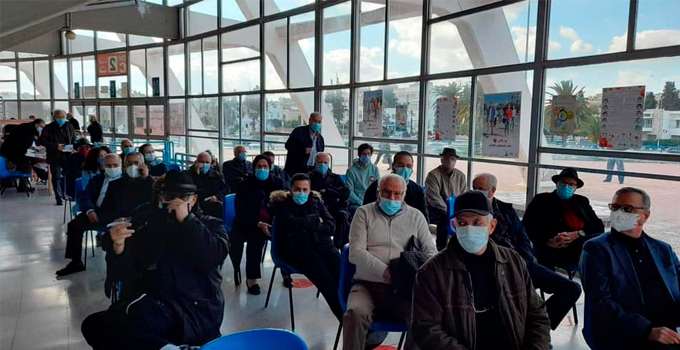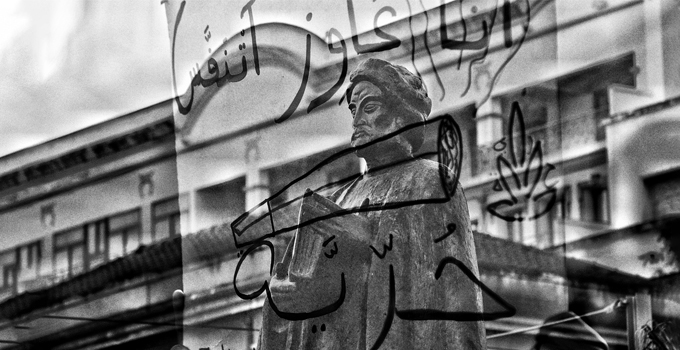It’s funny enough that post-2011 Tunisia was dubbed “democracy startup”. Well, why not apply a benchmarked and proven model if the playbook was matured by other players? Because the Tunisian people, consciously or unconsciously, are exploring a new path, and searching for a new model. And that’s what startups are about. In my view the Tunisian people are a rare kind of country-preneurs. But where are they heading to? Let’s look back at the roadmap, to try to understand where its trajectory may lead.

